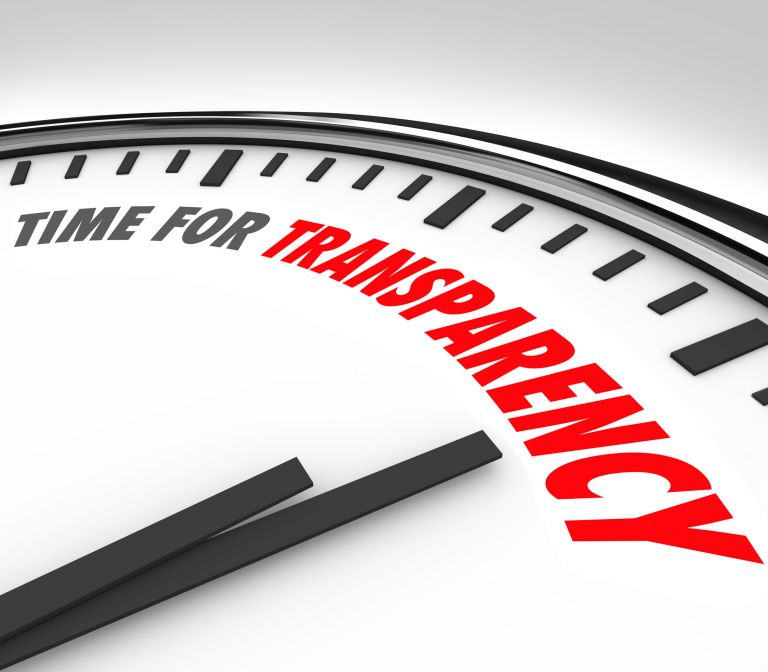Transparency: in EU institutions and copyright

The proposal for a Directive on Copyright in the Digital Single Market has now moved on to ‘trilogue’ negotiations between the Parliament, the Council (Member States) and the European Commission. This last stage of the negotiation process leading to its final adoption resonates particularly with an issue being dealt with in the Directive: transparency.
One of the added-value of the Directive is its aim to improve transparency in the copyright value chain. Today, audiovisual authors face difficulties when trying to understand what remuneration they have the right to claim for the exploitation of their works. Even when they understand what they should earn, they may not have access to the information that would enable them to verify whether or not they receive the correct payment. As an example, a study in France showed that 79% of documentary filmmakers never receive information about the exploitation of their works. This precarious situation of authors has been addressed by EU studies for over a decade, and the solutions have been repeated by recent studies commissioned by the European Parliament and the European Commission: “transparency requirements on exploiters to report revenues and grant authors unwaivable rights to remuneration for digital exploitation, in particular for audiovisual works, possibly subject to collective management” (EPRS 2015; IViR 2015; CRIDS/KEA 2014). The Copyright Directive, currently on the table, is the opportunity to change this situation and enable screenwriters and directors to claim their right to fair and proportionate remuneration for the exploitation of their works, including online.
It is important that producers, broadcasters, distributors and video-on-demand platforms are transparent vis-a-vis the authors behind the works that they exploit. Equally, it is also key that legislators are transparent towards citizens about the decision-making process of laws affecting them.
The problem is that EU institutions are not equally transparent. Emily O’Reilly, the European Ombudsman, explains that “the Council and the Parliament are equal legislators for the vast majority of EU laws, yet there is a large accountability discrepancy between them vis-à-vis the transparency of their work. While it is easy to follow an evolving piece of draft legislation in the Parliament, the same cannot be said of the Council where the national governments are represented.” The Ombudsman report pointed out the need to allow citizens to see what member country diplomats are doing on their behalf. Transparency International in Brussels called the Council a ‘black box’ that is not disclosing Member States’ positions, how they vote or whom are lobbying them.
Some transparency practices exist at national level, both at government level and in the cultural sector. In France for example, professional organisations of authors and producers of cinematographic and audiovisual works negotiated and signed, under the umbrella of the French Cinema Center (CNC) and the French Minister of Culture, transparency collective agreements to remedy the lack of collective supervision of the transparency rules concerning revenues. Such agreements seek to improve the quality, frequency and accuracy of reporting on the accounts to the authors. This is to ensure that authors get a fair and proportionate share of the revenues derived from the exploitation of their works. The future will tell if these agreements are fully respected but their signature is a step that goes in the right direction.
To make the link with “our” trilogue, Thousands of screenwriters and directors, their representative organisations and almost 21,000 signatories of the petition in support of audiovisual authors have been following the work by the European Parliament (not to mention all other stakeholders, citizens and companies that have also been actively engaged). They hope for the same transparency that they demand from their producers from the three EU institutions involved in the trilogue process on the Directive to set an example: transparency should be as much a self-evident part of the copyright legal framework as it should be of the trilogue negotiations.
